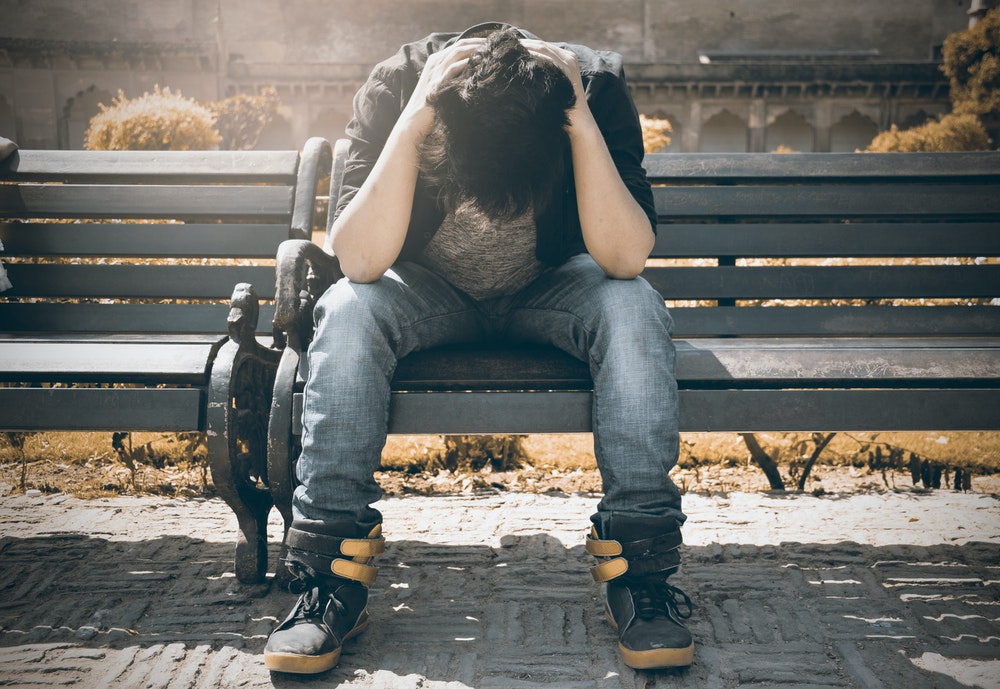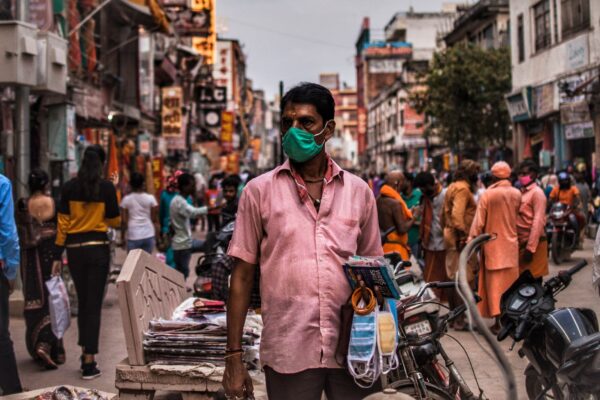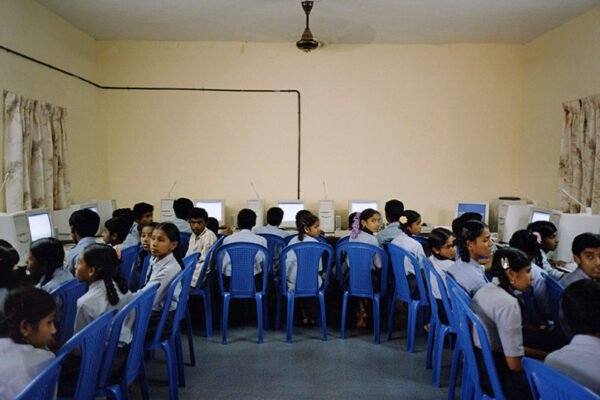COVID lockdowns are relaxing, but positive cases continue to climb up mercilessly, especially in Bangalore. One is quite careful to avoid going out as much as possible, and a lot of us are self-isolating at home. This act of self-care and social responsibility is not a noble act or anything like that, but just common sense and self-preservation that is playing out.
We all should be doing that, but we also see that not everyone is holding up the social etiquette that is demanded in these times. Half the people on the streets are wearing their masks below their nose, many wear the mask but pull it off when they need to sneeze or cough, or worse still if they feel like they need to clear their throat and let fly a glob of their snot on to the street somewhere. We see people wandering around without much of social distancing, and milling around.
A lot of people are getting really angry and quite agitated with all this happening around them and feeling the powerlessness and helplessness that goes with that. There are much anger and frustration building up among those bearing for themselves the burdens of safety and hygiene.
It is exacerbated in these trying situations, but even under ordinary circumstances, we see that anger and frustration that we experience with the world around us staying with us much of the time. It might be from things we notice in the workplace, on the streets, in government offices, in social circumstances — pretty much anywhere, really. Given the power differentials and how we, as a culture, find it hard to speak truth to power, there is just so much that is being bottled up.
Where does all that anger go?
The only place that all this bottled-up negativity and pain finds some expression — at home, and often, the expression of this rage is at the cost of the most vulnerable people at home, be it children, the elderly, the people without independent economic means, the dependent partner and the such.
For far too long, well-intentioned elders would advise the suffering partner and the children, “This poor creature is out in the world facing all sorts of harshness, and if we can help them get some relief, then so be it!” Children are shushed and told to behave lest anger finds a soft target in them. Food is given great attention to, lest plates and food go flying in fits of anger.
We are told to accept bad behavior as just “angry behavior,” and sometimes, in perverse ways, we are coached to accept such behavior and violence as even a show of love.
Should love be making space, cushioning, and holding all this anger brought into its space from outside? Is being a punching bag, love’s labor?
The answer is clear and emphatic No. Love is not a dumping ground for anger, and any attempts to paint it so, need to be called out for the toxicity that it is.
The author is Founder & Certified Counsellor, InnerSight
This article was originally published in The New Indian Express. The views expressed are personal.




